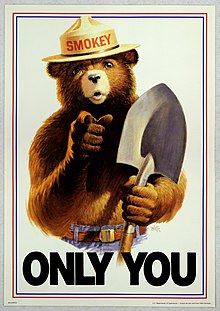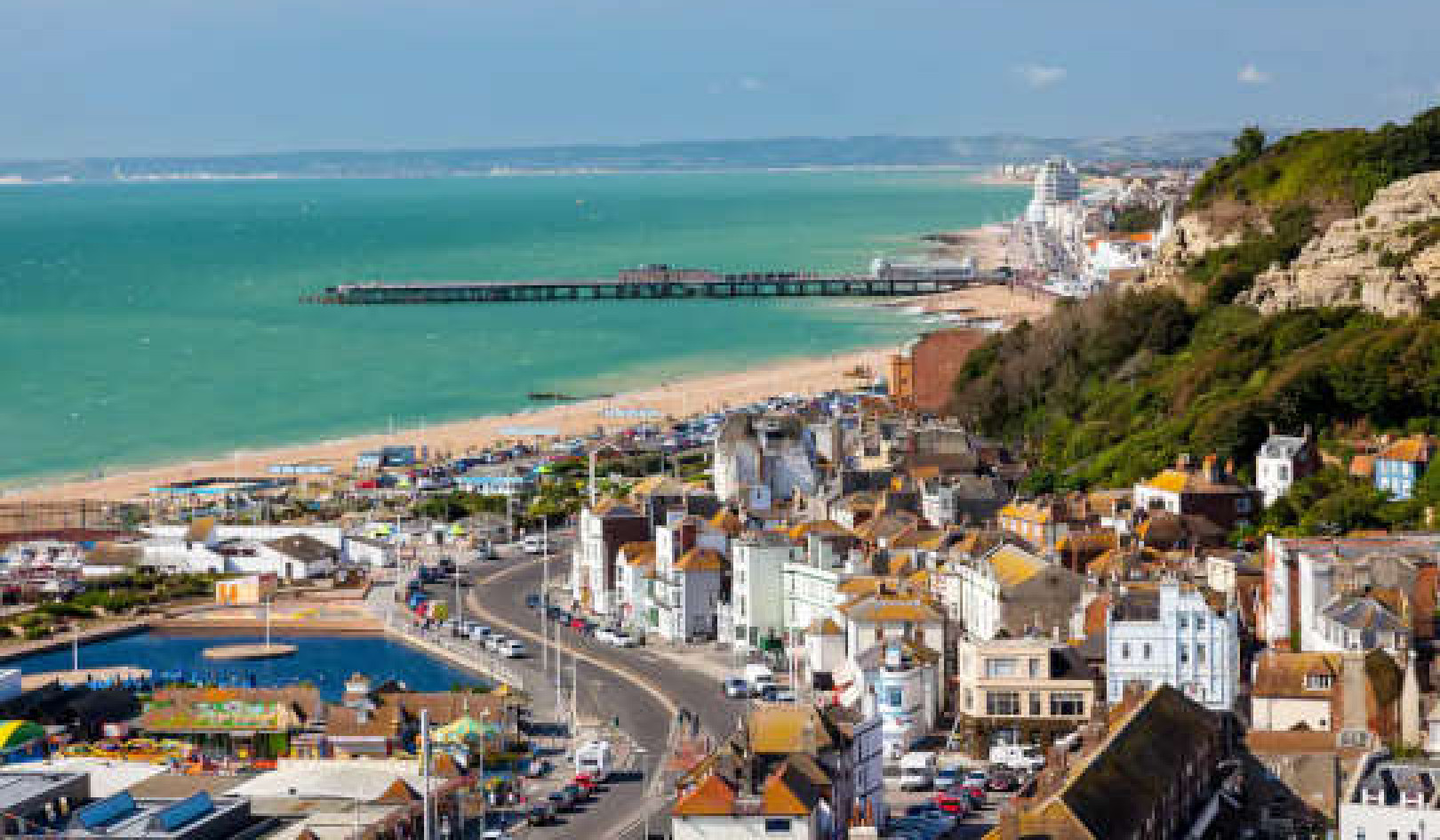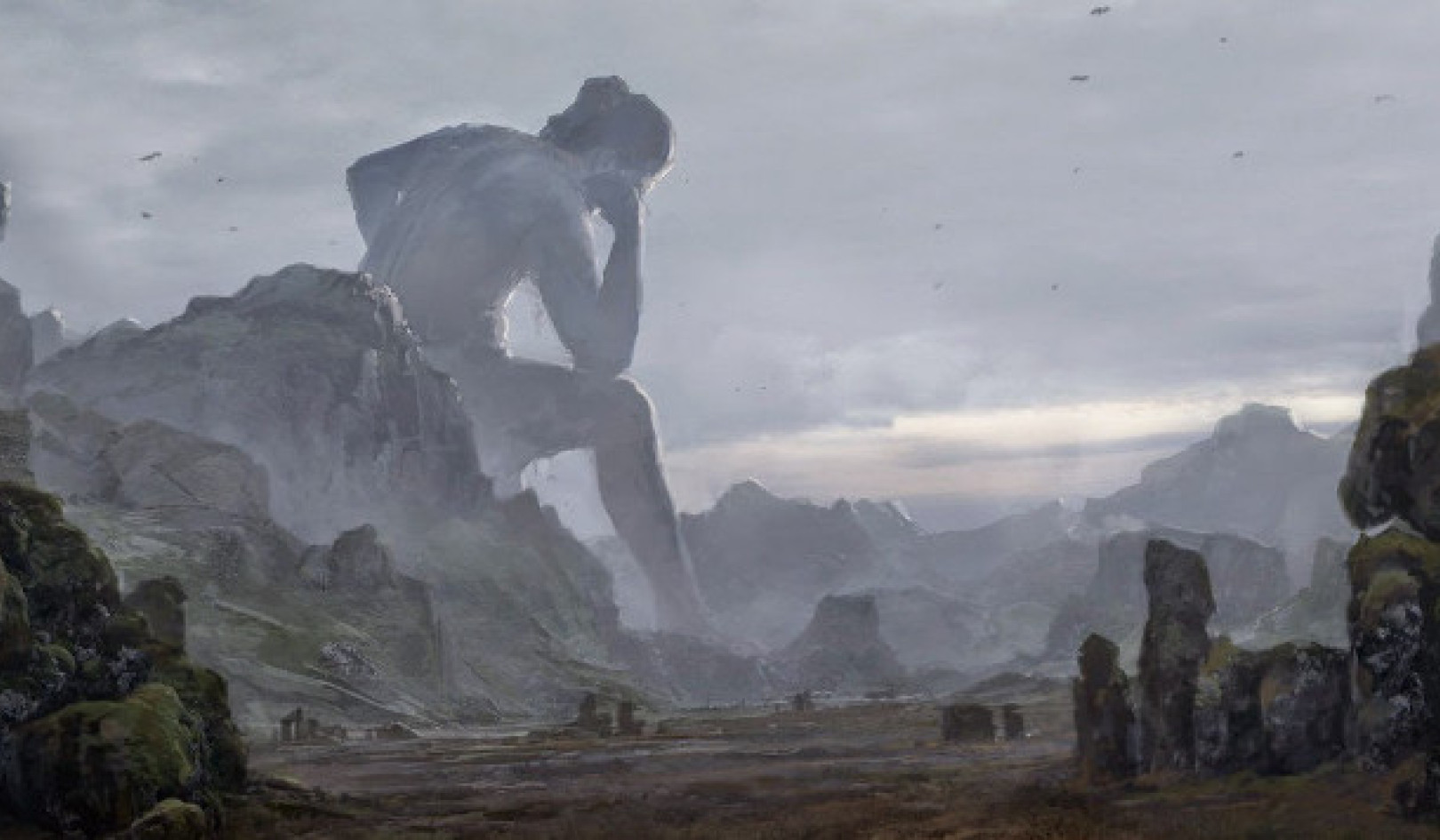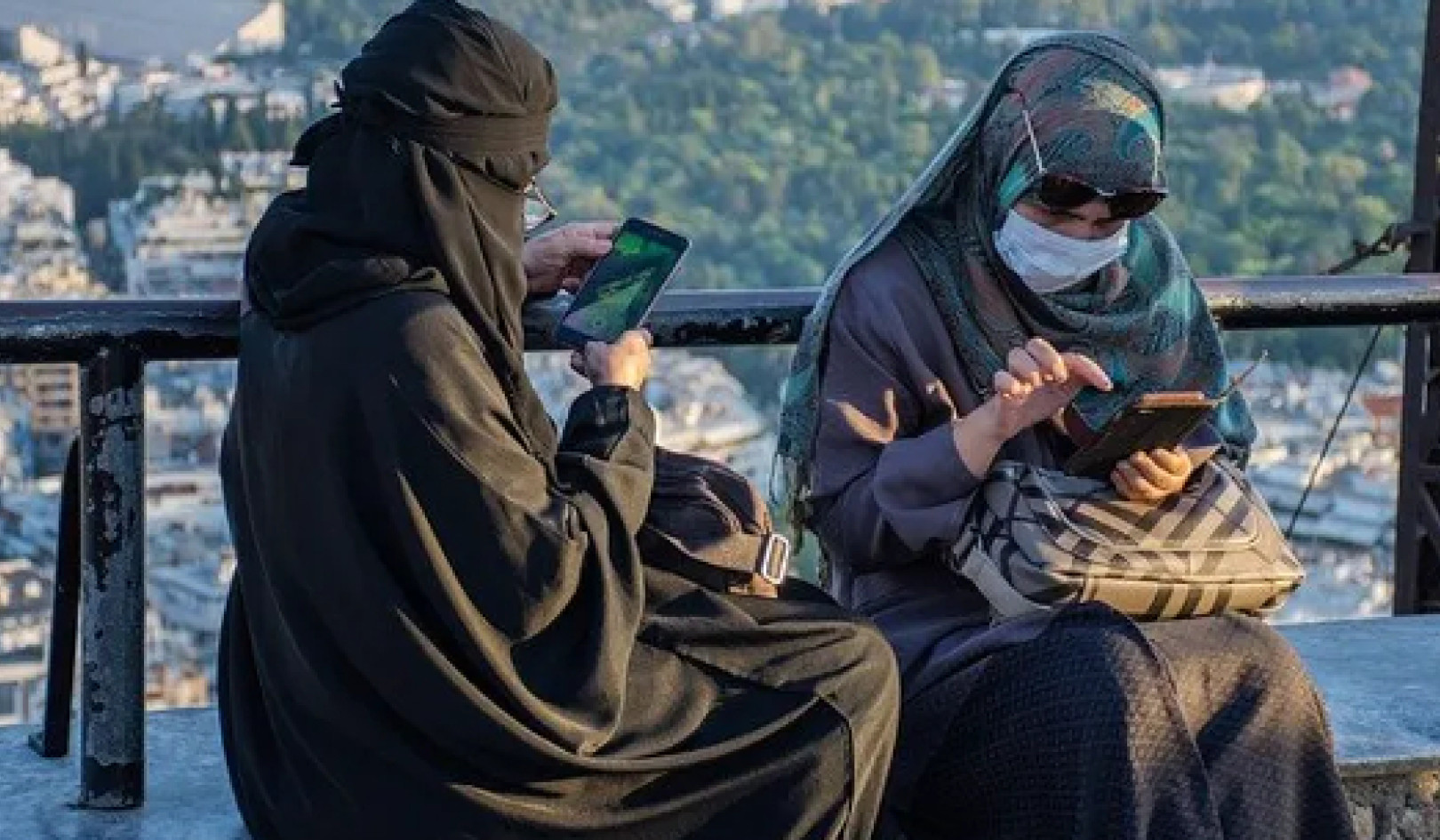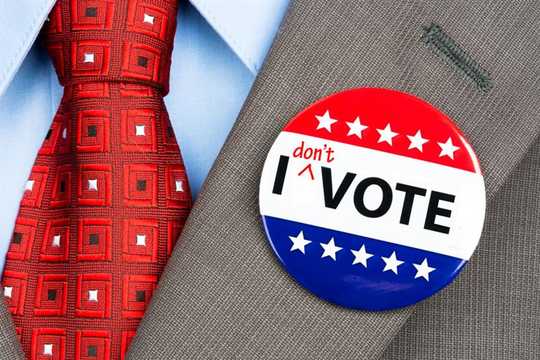
If I asked you to name the biggest political party in the United States, what would be your answer? You probably have two guesses that come to mind: the Democratic party or the Republican party.Well, it’s neither.
It’s the party of Non-Voters.
Let’s look at the last presidential election: 100 million Americans who were eligible to vote in 2016 DID NOT vote. That’s a bigger number than the number who voted either for Donald Trump or for Hillary Clinton. In Michigan, for example, where the contest came down to roughly 10,000 votes, it’s plausible to say that non-voters were the ones who decided the election.
Non-voters — those Americans eligible to vote but don’t — are in effect America’s biggest political party. Unless we work to reverse this trend, they could decide the next election.
So who are these missing voters? They are Americans who are most affected by decades of a broken political system, economic inequality, and laws designed to make it harder to vote. They are people of color, young people, and people with lower incomes.
At the same time, these missing voters tend to be more progressive than most voters. For example, non-voters are more likely to support higher taxes to pay for government services, a higher minimum wage, a federal jobs guarantee, and other progressive priorities.
There are also seven million young people of color who weren’t old enough to vote in 2016 but will be 18 by the 2020 election. These voters will also be critical to mobilize.
All of which means that voter turnout will determine our future. These non-voters are potential voters, and recent elections with record turnout show that we’re headed in the right direction.
The key question is how to get even more of them to the polls. Four steps:
- Make it easier to vote, not harder. Some states have enacted laws to suppress the votes of people of color and young people, such as requiring an ID, reducing the number of polling places in Democratic districts, and purging voter rolls. These tactics must be ended. The Voting Rights Act, which for decades kept some of the worst practices in check until major provisions were struck down by the Supreme Court, must be restored.
And we need to make it easier to vote by making Election Day a federal holiday; enacting Automatic Voter Registration, for example when people turn 18; and voting by mail.
- Mobilize young voters. They’re a huge potential voting block. In the 2018 midterm elections, 36 percent of voters aged 18 to 29 cast ballots, shattering turnout records from the past quarter-century and contributing to major Democratic victories across the country
- Inspire enthusiasm and grassroots energy around big ideas and bold policies, not milquetoast, consultant-driven half-measures. Look at Stacey Abrams’s campaign in 2018. Even though she didn’t win, Abrams ran a bold campaign and worked to turn out Democratic voters that had largely been ignored in the red state of Georgia. As a result, Abrams garnered more votes — 1.9 million — than any other Democrat running for any office in the history of the state, including Hillary Clinton, Barack Obama, and Jimmy Carter.
- Personally encourage others to vote. Make sure they know how to register, and when and where to vote. Tell them to be a voter.
Rebuilding America starts with the simple act of voting. If we can activate even a fraction of those 100 million non-voters, we can restore American democracy and make our economy and our democracy work for the many rather than the few.
This is why it’s so important for you to vote – and urge everyone you know to vote, too.
{vembed Y=n02cZ-US8Qo}
Here’s a recent interview Reich did with PBS’s “Frontline” on what’s at stake this election year, and how we got to this terrifying point in American history.
{vembed Y=9bgkBrFoOOo}
About the Author
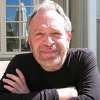 ROBERT B. REICH, Chancellor’s Professor of Public Policy at the University of California at Berkeley, was Secretary of Labor in the Clinton administration. Time Magazine named him one of the ten most effective cabinet secretaries of the last century. He has written thirteen books, including the best sellers “Aftershock" and “The Work of Nations." His latest, "Beyond Outrage," is now out in paperback. He is also a founding editor of the American Prospect magazine and chairman of Common Cause.
ROBERT B. REICH, Chancellor’s Professor of Public Policy at the University of California at Berkeley, was Secretary of Labor in the Clinton administration. Time Magazine named him one of the ten most effective cabinet secretaries of the last century. He has written thirteen books, including the best sellers “Aftershock" and “The Work of Nations." His latest, "Beyond Outrage," is now out in paperback. He is also a founding editor of the American Prospect magazine and chairman of Common Cause.
Books by Robert Reich
Saving Capitalism: For the Many, Not the Few -- by Robert B. Reich
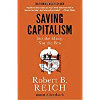 America was once celebrated for and defined by its large and prosperous middle class. Now, this middle class is shrinking, a new oligarchy is rising, and the country faces its greatest wealth disparity in eighty years. Why is the economic system that made America strong suddenly failing us, and how can it be fixed?
America was once celebrated for and defined by its large and prosperous middle class. Now, this middle class is shrinking, a new oligarchy is rising, and the country faces its greatest wealth disparity in eighty years. Why is the economic system that made America strong suddenly failing us, and how can it be fixed?
Click here for more info or to order this book on Amazon.
Beyond Outrage: What has gone wrong with our economy and our democracy, and how to fix it -- by Robert B. Reich
 In this timely book, Robert B. Reich argues that nothing good happens in Washington unless citizens are energized and organized to make sure Washington acts in the public good. The first step is to see the big picture. Beyond Outrage connects the dots, showing why the increasing share of income and wealth going to the top has hobbled jobs and growth for everyone else, undermining our democracy; caused Americans to become increasingly cynical about public life; and turned many Americans against one another. He also explains why the proposals of the “regressive right” are dead wrong and provides a clear roadmap of what must be done instead. Here’s a plan for action for everyone who cares about the future of America.
In this timely book, Robert B. Reich argues that nothing good happens in Washington unless citizens are energized and organized to make sure Washington acts in the public good. The first step is to see the big picture. Beyond Outrage connects the dots, showing why the increasing share of income and wealth going to the top has hobbled jobs and growth for everyone else, undermining our democracy; caused Americans to become increasingly cynical about public life; and turned many Americans against one another. He also explains why the proposals of the “regressive right” are dead wrong and provides a clear roadmap of what must be done instead. Here’s a plan for action for everyone who cares about the future of America.
Click here for more info or to order this book on Amazon.
Remember Your Future
on the 3rd of November
Learn about the issues and what's at stake in the November 3, 2020 US Presidential election.
Too soon? Don't bet on it. Forces are conniving to stop you from having a say in your future.
This is the big one and this election may be for ALL the marbles. Turn away at your peril.
Only You Can Prevent 'Future' Theft
Follow InnerSelf.com's
"Remember Your Future" coverage

Related Books:
On Tyranny: Twenty Lessons from the Twentieth Century
by Timothy Snyder
This book offers lessons from history for preserving and defending democracy, including the importance of institutions, the role of individual citizens, and the dangers of authoritarianism.
Click for more info or to order
Our Time Is Now: Power, Purpose, and the Fight for a Fair America
by Stacey Abrams
The author, a politician and activist, shares her vision for a more inclusive and just democracy and offers practical strategies for political engagement and voter mobilization.
Click for more info or to order
How Democracies Die
by Steven Levitsky and Daniel Ziblatt
This book examines the warning signs and causes of democratic breakdown, drawing on case studies from around the world to offer insights into how to safeguard democracy.
Click for more info or to order
The People, No: A Brief History of Anti-Populism
by Thomas Frank
The author offers a history of populist movements in the United States and critiques the "anti-populist" ideology that he argues has stifled democratic reform and progress.
Click for more info or to order
Democracy in One Book or Less: How It Works, Why It Doesn't, and Why Fixing It Is Easier Than You Think
by David Litt
This book offers an overview of democracy, including its strengths and weaknesses, and proposes reforms to make the system more responsive and accountable.


